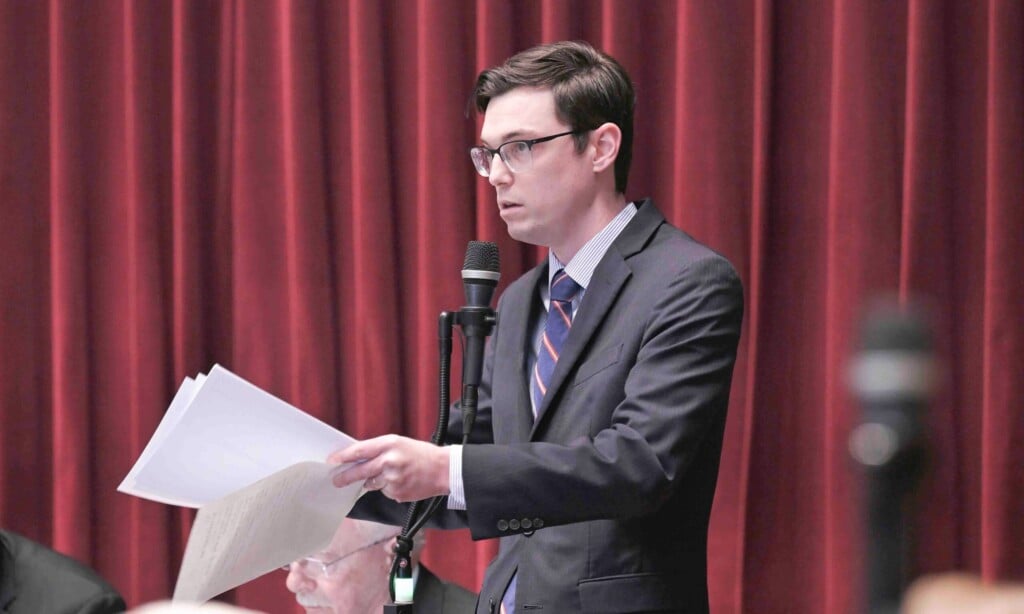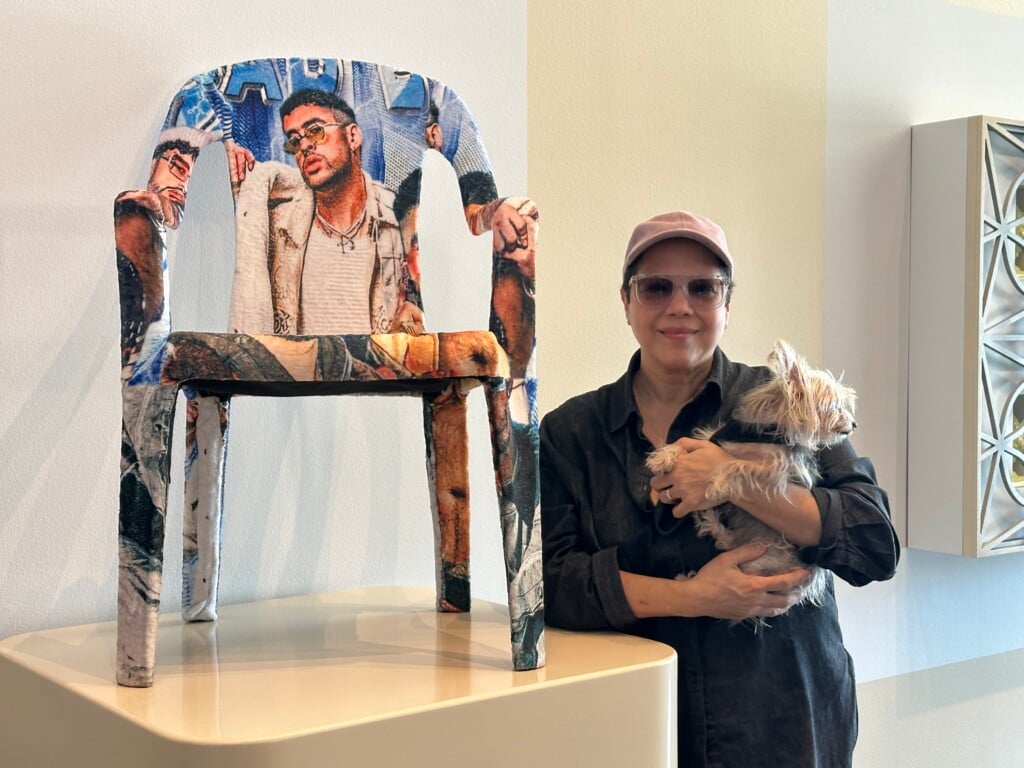Howard Zinn

Howard Zinn is one of the most important and influential writers of our time not only because he flips the script on the Great White Men versions of history but also because he finds hope in the stories that have been left out of our textbooks and our popular culture. Zinn’s vision is crucial, but his writing style is devoid of academic pretense. He writes simply and directly because he wants to clarify what’s murky in the waters of history; he believes in the stories he has to tell. Stories Hollywood Never Tells proves that Zinn carries these same strengths off in oratory, which is no doubt why both Alice Walker and Marian Wright Edelman count him as a favorite teacher (well, that talent coupled with his active involvement with them in the Civil Rights Movement).
Asked to speak at the Taos Talking Film Festival in 1999, Zinn seizes this opportunity to remind filmmakers about the great movies that have never been made. He describes a Revolutionary War epic (immediately putting a simplistic revenge flick like The Patriot to shame) in which a Massachusetts farmer joins the war against the British only to become disillusioned by the injustice of Americans against Americans, then signs on with the Mutineers and eventually joins Shay’s Rebellion. He asks where are the movies about the Mexican War, the Spanish/American War and the war of Jackson’s troops against the Indians? Why aren’t there movies about such historical benchmarks as the Lawrence Textile Strike or the Ludlow Massacre? Where are the biographies of the anarchist Emma Goldman, the socialist Helen Keller (who wouldn’t cross a picket line to support a movie about her childhood) or the railroad-labor-organizer-turned-socialist Eugene Debs?
The list goes on and on, but it’s more than a list. With his gentle, passionate voice, Zinn relishes each story as he comes to it. “I think of Kate Richards O’Hare, the socialist who was put in jail for opposing World War I,” he says, “and that great scene in the prison where they’re stifling for lack of air. And she takes a book that she’s been reading and reaches through the bars and hurls the book through a skylight above the prison corridor and lets the air in, and all the prisoners applaud and cheer because finally they are getting some fresh air.” Zinn doesn’t just complain about the stories Hollywood won’t touch; he paints the picture of how well these movies could work. Of course, they would work only if anyone cared enough to dramatize the history that makes both conservatives and liberals uncomfortable — a history in which, time and time again, things changed not because of the good graces of the privileged few but because the people stood up for themselves and demanded a better quality of life.




